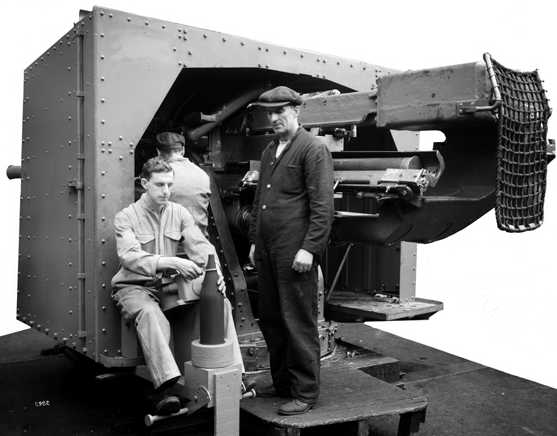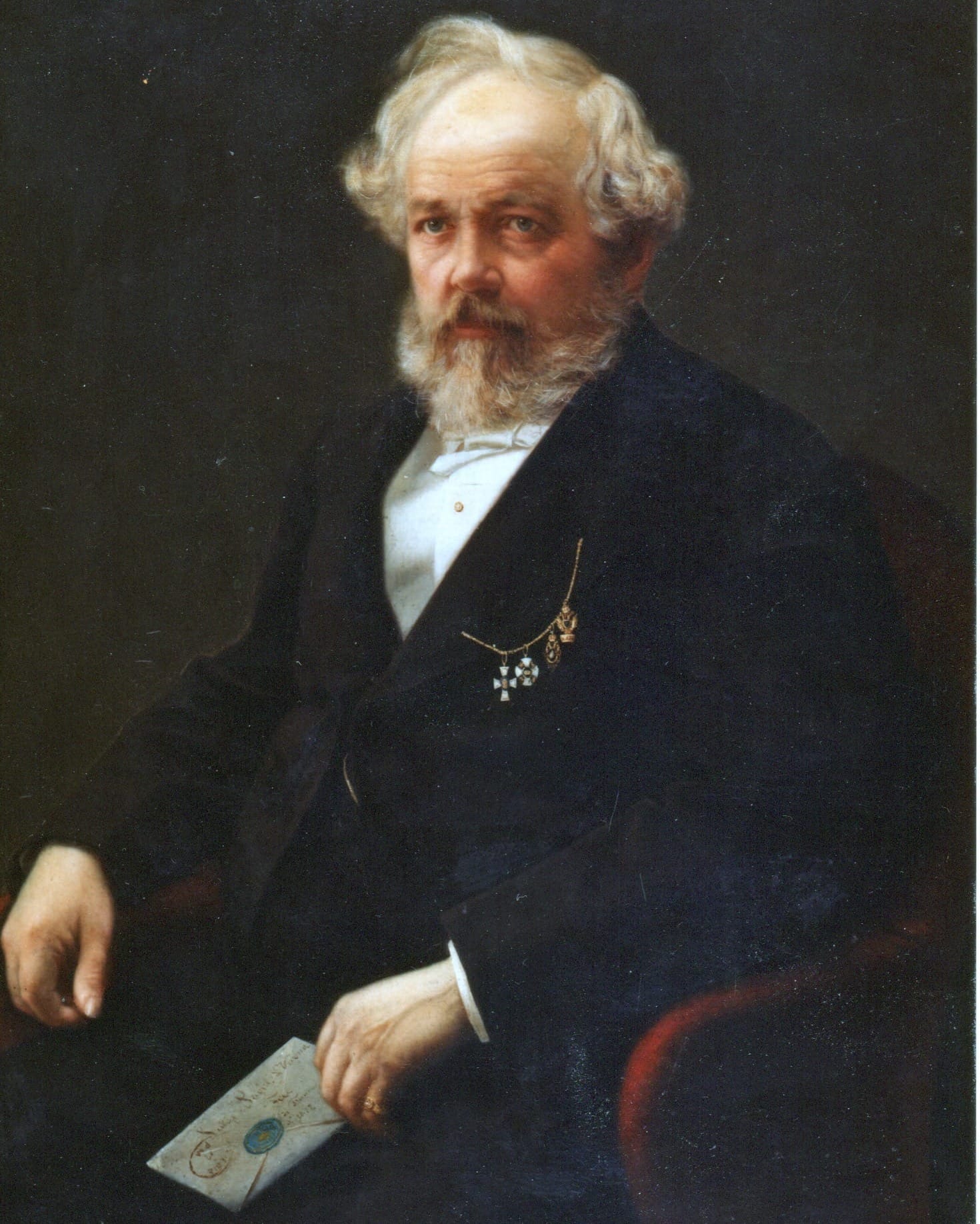A Deterrence?
In Lagos, newly commissioned Major Edgar Whitehead embarked on the SS Calabar bound for Cape Town.

The SS Calabar's peacetime function had been to provide a feeder service through the Nigerian creeks from one small port to another for those who wanted to join the Elder Dempster Mail Steamers at Lagos. She was a small coaster of strange design. Luxuriously fitted out to carry first-class passengers it had a flat bottom and drew about eight feet of water. As soon as the ship struck 'dirty weather' in the South Atlantic headed for Cape Town she bobbed about like a cork in the water. Progress was reduced to less than a hundred miles a day.
Two days out Edgar went down with a severe dose of malaria which put him out of action for about three days. Headed in the general direction of Brazil to avoid meeting a submarine off Angola he found, on recovery, that they had made little progress. There were a few civilian passengers on board along with eight Rhodesian soldiers going on leave. Nominally O.C., Edgar looked around for something to keep these soldiers occupied.
The Calabar had a 4.7 naval gun aft served by two Royal Navy Volunteer Reserve (R.N.V.R.) gunners. Edgar asked the Captain, "Do you have any objection to my men helping out your gunners by learning to serve the gun so we can provide a twenty-four hour watch?"
The Captain replied, "That's an excellent idea from every point of view."
Just as Edgar was leaving the Captain said matter-of-factly, "Oh, by the way, you must never fire it."
"Why on earth not?"
"Well, the ship is far too light to carry a gun of this calibre and it's only held down with carriage bolts. If we fire it the recoil will certainly cause it to go over the side."
Edgar paused on the threshold of the access door.
The captain went on to explain, "We mounted it to deter any submarine from engaging us on the surface. We cannot be torpedoed because we draw so little water that a torpedo would pass harmlessly under our hull."
In 1866, Edgar Whitehead's grandfather, Robert Whitehead, invented the first torpedo which was fired by a tube and propelled by compressed air. To make it run at a constant depth he added a closely guarded secret hydrostatic pendulum. By 1880 more than 1,400 of them had been sold to navies around the world.

The historical novel Whitewashed Jacarandas and its sequel Full of Possibilities are both available on Amazon as paperbacks and eBooks.
These books are inspired by Diana's family's experiences in small town Southern Rhodesia after WWII.
Dr. Sunny Rubenstein and his Gentile wife, Mavourneen, along with various town characters lay bare the racial arrogance of the times, paternalistic idealism, Zionist fervor and anti-Semitism, the proper place of a wife, modernization versus hard-won ways of doing things, and treatment of endemic disease versus investment in public health. It's a roller coaster read.
References:
- Sir Edgar Whitehead's Unpublished Memoirs, Rhodes House, Bodleian Library, Oxford University, by permission.
- Photo credits:
- 4.7/45 (12cm) Mark IX gun. Copyrighted by Vickers Photographic Archive catalogue #4931.
- Portrait Robert Whitehead, courtesy of Mrs. Rachel Clarkson (Sir Edgar Whitehead's niece).

